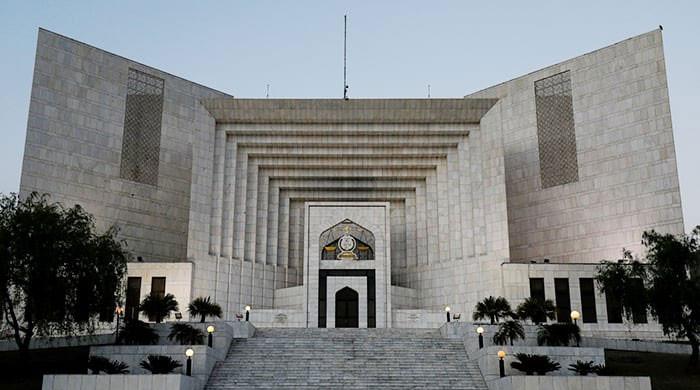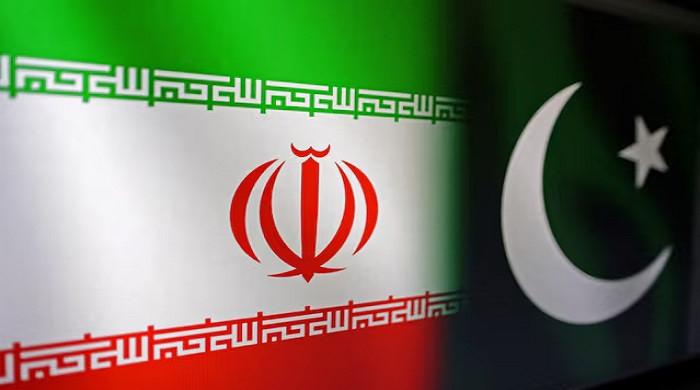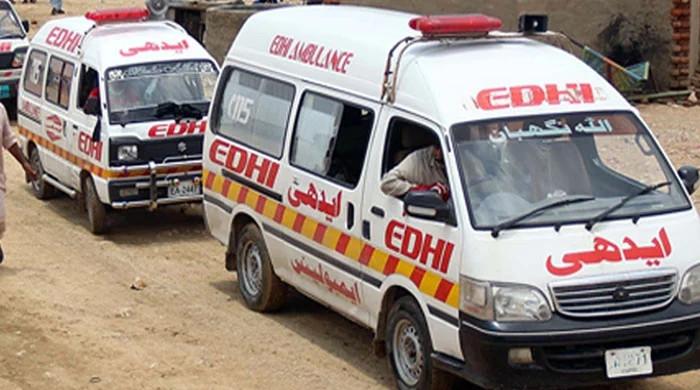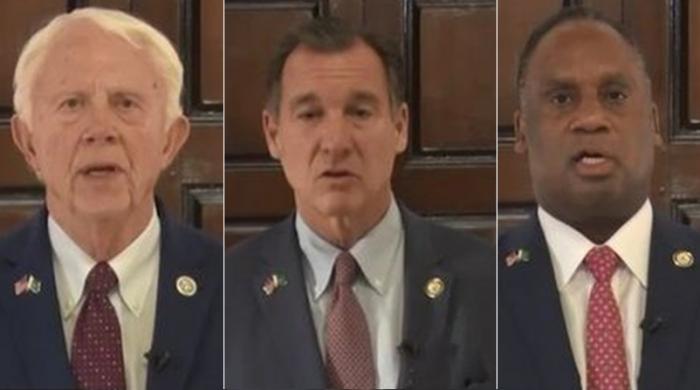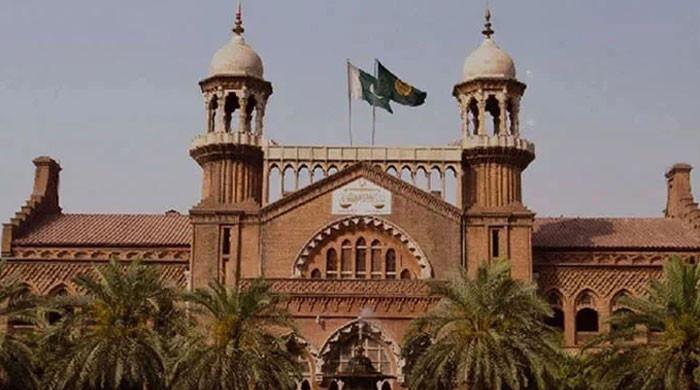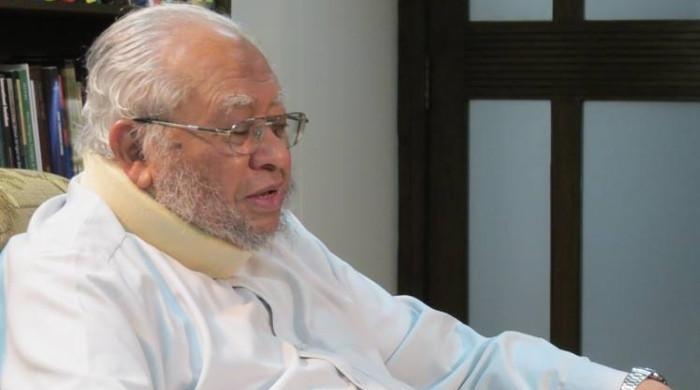Pakistan not supporting Khalistan movement, says UK govt report
Report found a simmering discontent towards India amongst Sikh diaspora
October 08, 2019
LONDON: A report published by British government-funded Commission for Countering Extremism (CCE) says that many Sikhs feel angered by claims made by India's government of growing British and Canadian Sikh terrorism and that “Khalistani” movement has the backing of Pakistan - without any evidence.
The report for the UK government’s independent adviser on extremism found that Sikhs were angry that campaigns to highlight human rights abuses were labelled “Khalistani terrorism” with accusations that they were Pakistani funded — without evidence ever presented publicly by the Indian government.
The report titled “The Changing Nature of Activism among Sikhs in the UK” has been written by Senior Lecturer in Sikh Studies Dr Jagbir Jhutti-Johal at the Department of Theology and Religion, University of Birmingham and Sunny Hundal a journalist and a writer.
The report, based on research and interviews, found that tensions between Sikhs and Hindus in Britain were rising and were set to get worse with the Sikhs becoming more assertive about their faith identity while playing a bigger role in wider society.
The report analysed in detail why more Sikhs in the West were demanding an independent homeland for Sikhs — called Khalistan — and why the Indian government saw it through the lens of terrorism and extremism. The report further said the Indian govt overlooked the fact that a significant portion of Sikhs came to Britain and Canada in the 80s to escape the Indian government's persecution and were attracted to this idea of ethnonationalism.
The paper said, “It is hard to say how many Sikhs in Britain want an independent homeland, as there is little solid polling on the question, but it is certainly true that the events of 1984 in Amritsar and New Delhi, and subsequent events over the years have super-charged demands for Khalistan.”
Most participants of the survey agreed that Sikhs want a separate homeland because of the injustice they have faced and continue to face. They rejected claims by Indian government of extremism and the funding of terrorism.
The report further said, “The theme of injustice was a common thread in responses. Many of our respondents said most Sikhs saw Khalistan as an abstract concept; a proxy for anger over events from 1984 and the treatment of Sikhs in India as second-class citizens. Some respondents who did not support Khalistan said the idea also remained popular because of the actions of the Indian government towards diaspora Sikhs. In recent years, the Indian government has repeatedly accused diaspora Sikhs of turning towards extremism and funding terrorism in India.”
The report analysed whether allegations that Muslim men have targeted Sikh women for grooming were right and found that while there have been tensions in communities but there was no evidence to back up the claim.
The report added, “There is some evidence that Sikh women have been victims of sexual grooming by gangs of men, some of primarily Pakistani-heritage. However, most of our respondents felt these claims are being exaggerated to serve other agendas.”
The report found that there was a simmering discontent towards India amongst Sikh diaspora because of Narendra Modi’s nationalist agenda and rise of Hindutva.
It said attitudes towards India had improved while Manmohan Singh, a turban-wearing Sikh, was prime minister of India from 2004-2014. It mentioned that relations between Sikhs and India started deteriorating when India arrested and detained British Sikh activist Jagtar Singh Johal.
The report discussed how, last year, New York-based group Sikhs for Justice (SFJ) mobilised between ten to 30,000 Sikhs around Trafalgar Square to promote a Referendum on Punjab’s independence in 2020. “Indian officials claimed the group were a Pakistani plot, but its members have denied such claims. We believe India’s claim that diaspora Sikhs are funding terrorism in India deserves more questioning and public evidence. In a report published in 2017, Dr Jasjit Singh concluded that Sikhs in Britain did not pose a security threat to western countries, and the information on British Sikhs funding terror groups in India remained “unclear”,” it said.
The report recommended that Sikhs be allowed to debate the merits of a Sikh homeland without being reflexively labelled as “extremist” or “terrorism” supporters.
Most of the respondents felt the narrative of the Indian government and Indian media was also strengthening the hand of advocates of separatism.
The report added, “There were also concerns that some British Hindu groups have firmly tied themselves to the BJP-Hindutva project, which has the potential to worsen Sikh-Hindu relations.”
Sara Khan, the head of the Commission for Countering Extremism, said, “The papers on Islamism and Sikh activism bring to life the many issues we have heard through our evidence gathering and engagement. They include clear examples of the democratic debate we must protect but also the hateful extremism we must recognise and challenge.
“We have identified the amplifying of hate, persistent hatred and the equivocation over violence as the most harmful issues, outside of terrorism. Today I argue, we can, and must, do more — starting with new clarity and purpose to work to counter hateful extremism,” she said.




